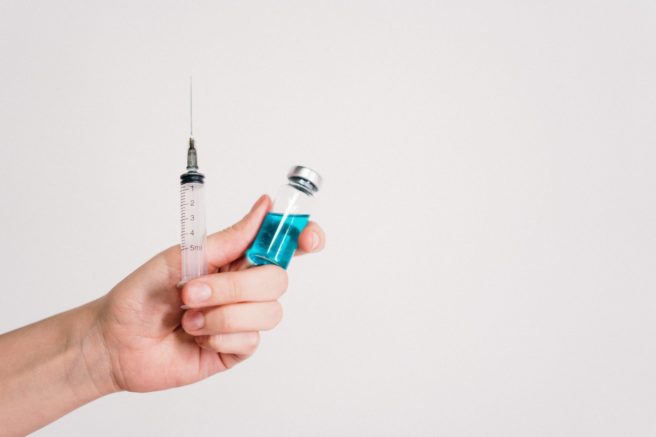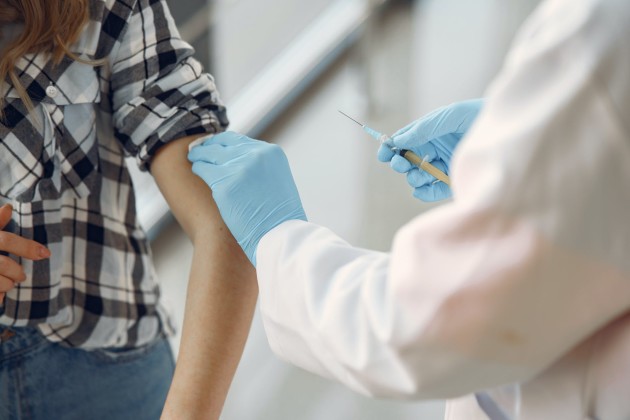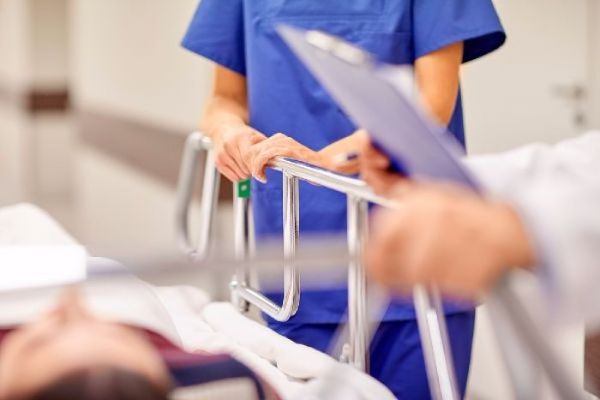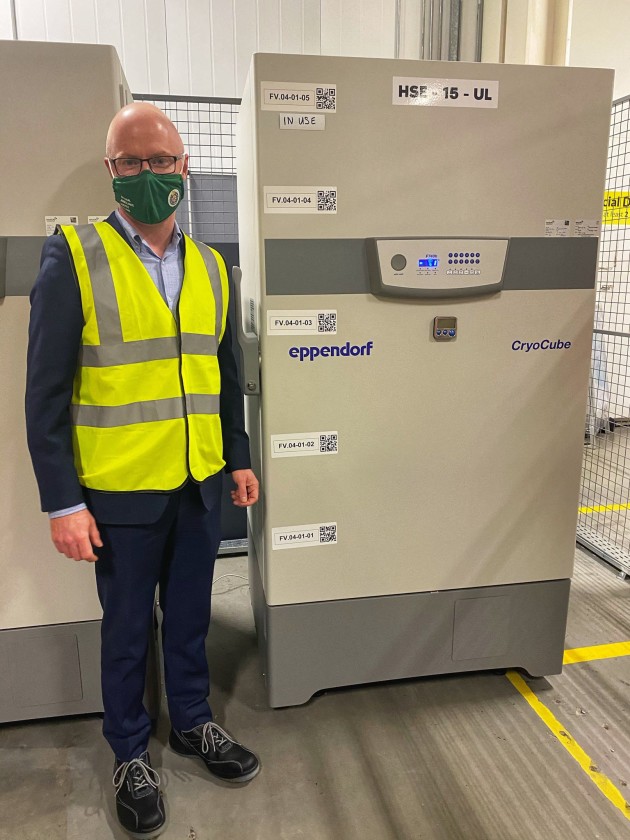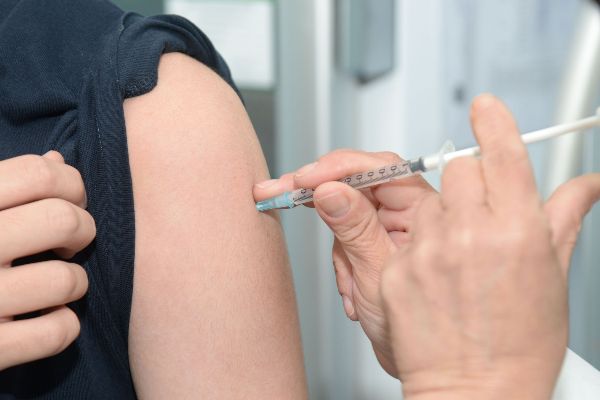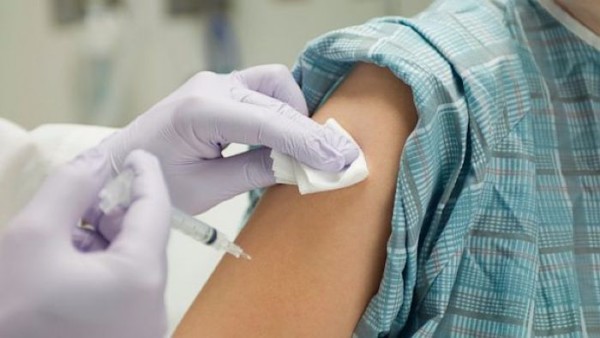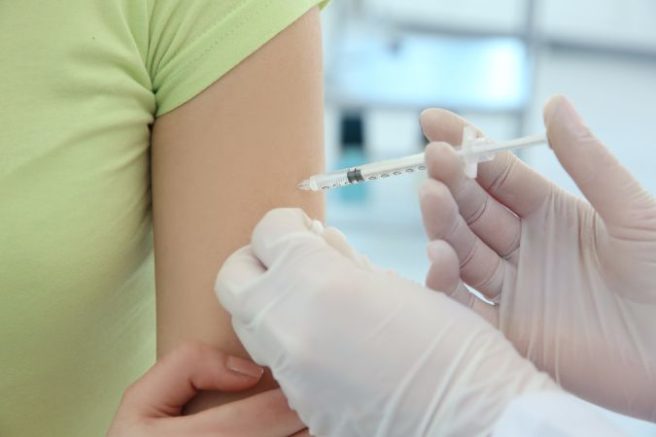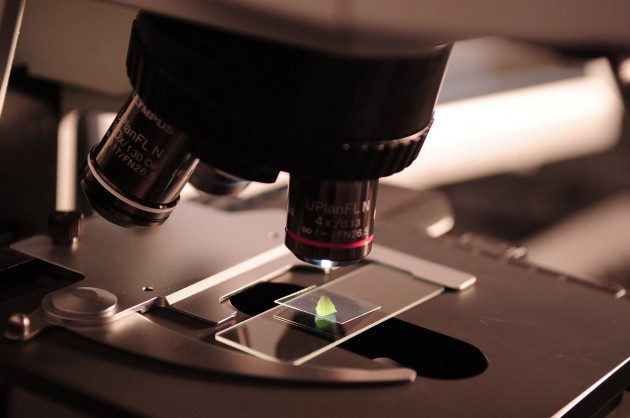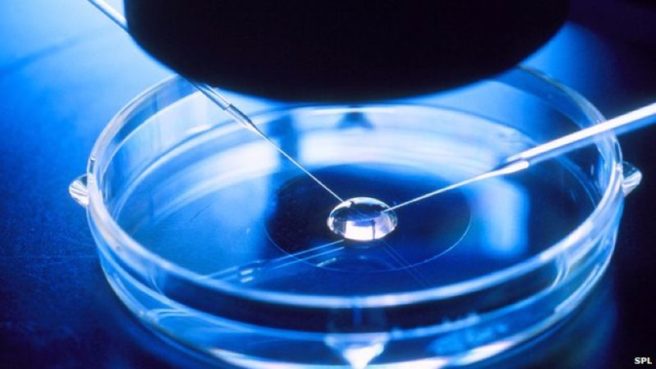Boots Ireland has today announced that it will be the first pharmacy in Ireland to offer a Travel Vaccination Service for customers travelling to certain long-haul destinations. The service sees Boots Ireland continue to lead the way in the provision of pharmacy-based healthcare support.
The Boots Travel Vaccination Service offers protection against a broad range of diseases or infections, which can be found in many exotic or remote travel destinations. It will be available across 10 Boots stores in Ireland, providing customers with convenient access at a time that suits them, with many Boots pharmacies also offering late night and weekend opening hours. The vaccinations will be administered by specially trained pharmacists.
The launch comes as a recent CSO study shows people are travelling more than ever before from Ireland, with 556,000 people making trips overseas in February 2019, up 13 percent on the previous year.
Coupled with the increase in international travel, changes in travel patterns include a continuing trend for visiting remote destinations for longer stays.
Visiting exotic holiday destinations like Bali, India and Vietnam can bring travellers into contact with diseases that are rare, or don’t occur in Ireland, meaning vaccinations are recommended ahead of visiting these destinations to ensure protection while travelling.
The new service is launched at the beginning of World Immunisation Week, starting globally on 24 April, and aims to promote the use of vaccinations to protect people of all ages against diseases.
The Boots Travel Vaccination service is easily accessible through the following steps:
· Book an appointment in one of the ten selected Boots pharmacies, or online at www.boots.ie/travel-vaccination-service
· Complete an initial pre-travel consultation with a doctor who will prescribe the recommended vaccinations. This consultation can be completed online.
· Visit the pharmacy for your vaccination appointment and the vaccinations will be administered by the specially trained Boots pharmacist
The cost of the service will vary depending on the type, and the number of vaccinations required.
Commenting on the new service Caoimhe McAuley, Pharmacy Director Boots Ireland said; “We are very excited to be the first pharmacy in Ireland to offer a travel vaccination service as the interest in visiting exotic and remote destinations is becoming increasingly popular amongst Irish travellers. Protecting the health and wellbeing of our communities is always at the heart of what we do.
"Travelling and exploring new destinations is exciting but can also bring risks when coming into contact with diseases that don’t occur or which are not typically seen in Ireland. Thankfully many of these diseases can be prevented by vaccination. We are delighted to be leading the way in encouraging safer travel with our travel vaccination service."
The travel vaccination service will be available in four of Boots Dublin pharmacies including: Liffey Valley Shopping Centre; St Stephen’s Green SC; Carrickmines and Swords; and across six Boots pharmacies nationwide including: Waterford; Galway Shop Street; Sligo; Killarney; Half Moon Street, Cork; and Childers Retail Park, Limerick.
To find out more or to book your vaccinations simply go into a Boots pharmacy or book online at www.boots.ie/travel-vaccination-service.
Caoimhe McAuley, Pharmacy Director in Boots Ireland shares her top tips to consider when travelling to less developed and exotic long-haul destinations:
- Research your destination in advance
Consider where you are travelling. Vaccinations are recommended if going to some remote and exotic destinations, particularly those in developing countries, to protect from diseases that are rare or don’t occur in Ireland.
- Plan to get vaccinations 6-8 weeks before travelling
Vaccinations take some time to start working, so it’s important to get vaccinated in time, ensuring protection when travelling. Some destinations will require multiple vaccinations to be given at staggered times over a number of weeks, so early consultation is essential.
- Pack everything you need to stay safe and well
Having a mini first aid kit with travel essentials like sunscreen, after sun, insect repellent and anti-diarrhoea tablets can help to keep you well and allow you to make the most of your trip.
- Choose your food and water carefully
Even after getting the recommended vaccinations it’s important to follow some practical advice to help keep well. In some of these exotic locations, food and water can cause illness to travellers. Do research on where to eat, choosing food carefully to avoid food poisoning and other infections. Water that is bottled and sealed, is usually safe.
- Make sure to stay hydrated
Lack of water can lead to dehydration and heatstroke, particularly when visiting warmer and humid climates. Make sure you stay hydrated, drink lots of water, even when you’re not feeling thirsty, and always carry a bottle.
